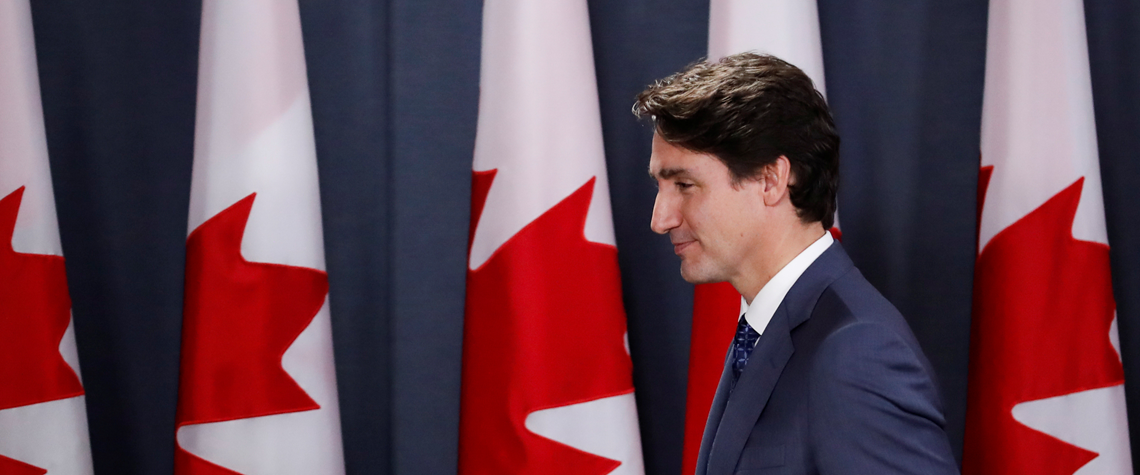Canadian election puzzle for oil industry
Industry bugbear Justin Trudeau may have lost his majority, but a minority government could be even less helpful for oil and gas
The Trudeau administration has been blamed for much of what has ailed the western Canadian oil patch over the past four years. But Trudeau leading a minority government, following the outcome of national polls in October, is rightly viewed with even greater trepidation. Prime minister Trudeau will now have to rely on support from the New Democratic Party (NDP) or Bloc Quebecois (BQ) to avoid a non-confidence vote on many issues in Canada’s House of Commons. Given the preeminence of fighting climate change amongst both parties’ manifesto policies, we must expect them to present diametric opposition to oil and gas development. The 21 October election result has already contributed to a surge

Also in this section
20 February 2026
The country is pushing to increase production and expand key projects despite challenges including OPEC+ discipline and the limitations of its export infrastructure
20 February 2026
Europe has transformed into a global LNG demand powerhouse over the last few years, with the fuel continuing to play a key role in safeguarding the continent’s energy security, Carsten Poppinga, chief commercial officer at Uniper, tells Petroleum Economist
20 February 2026
Sempra Infrastructure’s vice president for marketing and commercial development, Carlos de la Vega, outlines progress across the company’s US Gulf Coast and Mexico Pacific Coast LNG portfolio, including construction at Port Arthur LNG, continued strong performance at Cameron LNG and development of ECA LNG
19 February 2026
US LNG exporter Cheniere Energy has grown its business rapidly since exporting its first cargo a decade ago. But Chief Commercial Officer Anatol Feygin tells Petroleum Economist that, as in the past, the company’s future expansion plans are anchored by high levels of contracted offtake, supporting predictable returns on investment







